In 1800s, families housed teachers during school year
“When I was old enough I was sent to the village school, which was taught by an old-time Irish ‘master’ (Mr. McNanly) … who, holding that to spare the rod was to spoil the child,
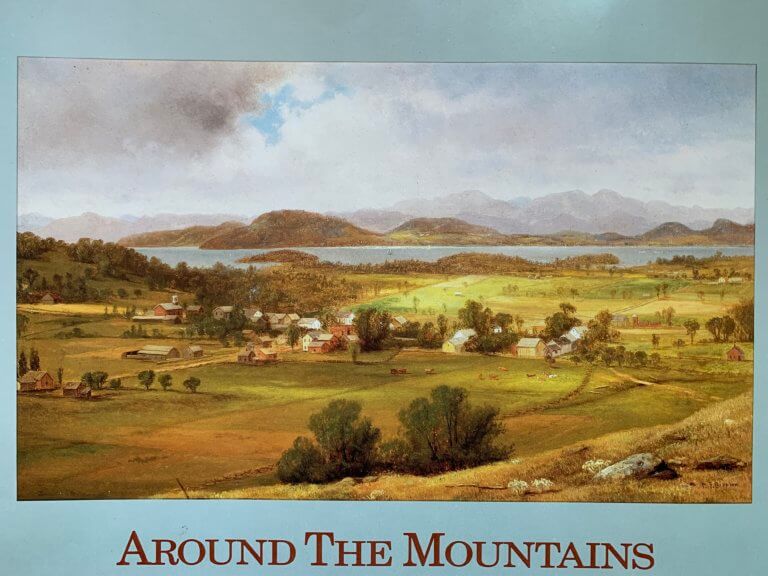
“When I was old enough I was sent to the village school, which was taught by an old-time Irish ‘master’ (Mr. McNanly) … who, holding that to spare the rod was to spoil the child,
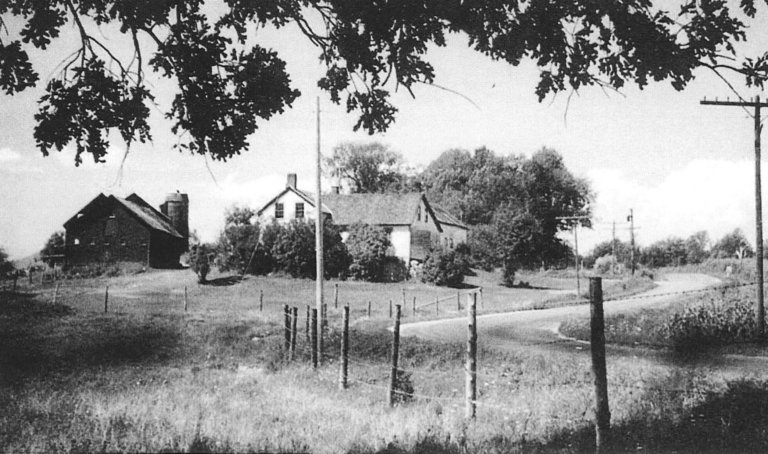
The 1.5-mile-long peninsula now known as Thompson’s Point is a valuable town-owned asset, but it has not always been so.
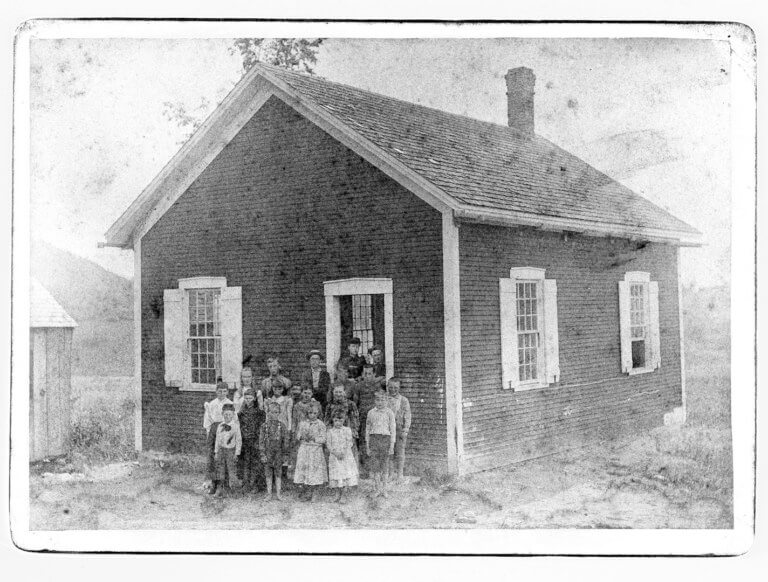
Early in the history of Vermont, people placed a high value on education and developed an organization around one of the basic tenets of Vermont independence: local control.
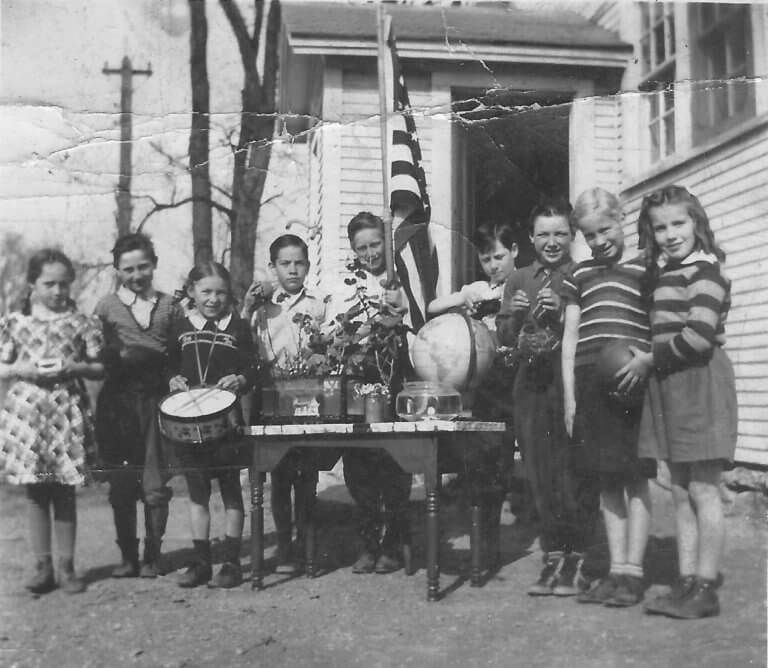
As Charlotte became established, it made sense to divide the town into several school districts, each with its own school building, at a time when transportation around town most often was on foot.
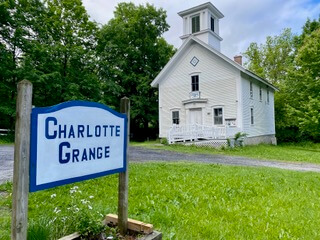
Charlotte Grange: honoring Charlotte’s agricultural roots and helping to build a resilient future for all
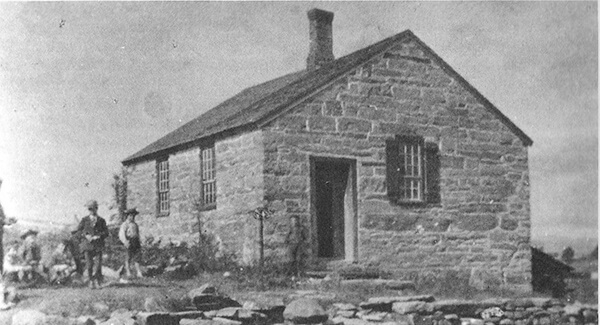
The first permanent settlers came to Charlotte in 1784, and the town, once established, grew quickly.

Charlotte Grange: Our Values and Vision – Welcome to our new monthly column. We hope you will enjoy learning more about the Charlotte Grange and how it is building on its proud 100+ year history in town and revitalizing its role in our community.
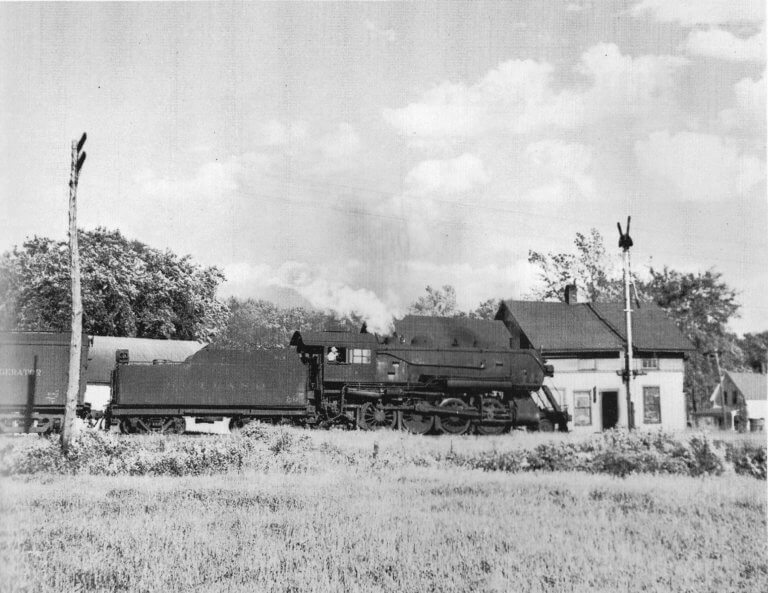
Two journalists from The Burlington Weekly Free Press traveled to Rutland in January 1847 to report on the new railroad’s stockholders meeting and spent two days bumping and lurching in sleigh and wagon to get there.
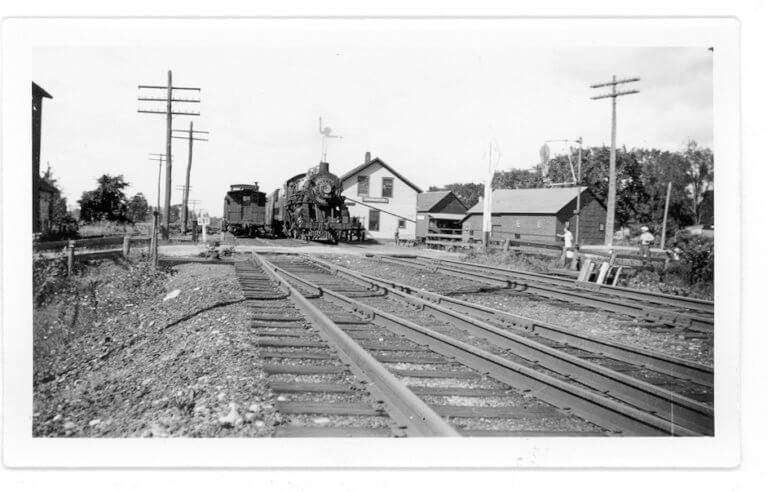
Burlington Free Press, August 8, 1905 – A horrible accident occurred here this afternoon… [Frank W. Weston and his son, Leslie Earl Weston] were driving from the north,
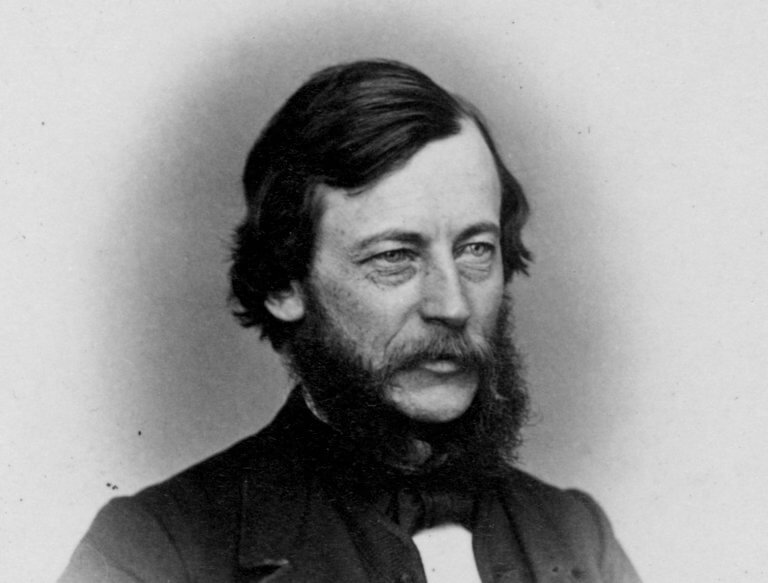
In 1863, Rev. Bernice Darwin Ames wrote Charlotte’s history for Abby Hemenway’s Vermont Historical Gazetteer. “Hon. John A. Kasson is one of the most distinguished men Charlotte has produced.
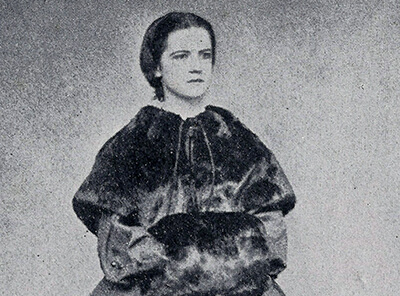
No person should be restricted or defined by disabilities. Society seems to have few expectations of people with disabilities such as deafness, perhaps ascribing a lack of ability to overcome them. Caroline Yale began life in Charlotte on September 29, 1848, the youngest of five children of Deacon William Lyman Yale and Ardelia Strong.
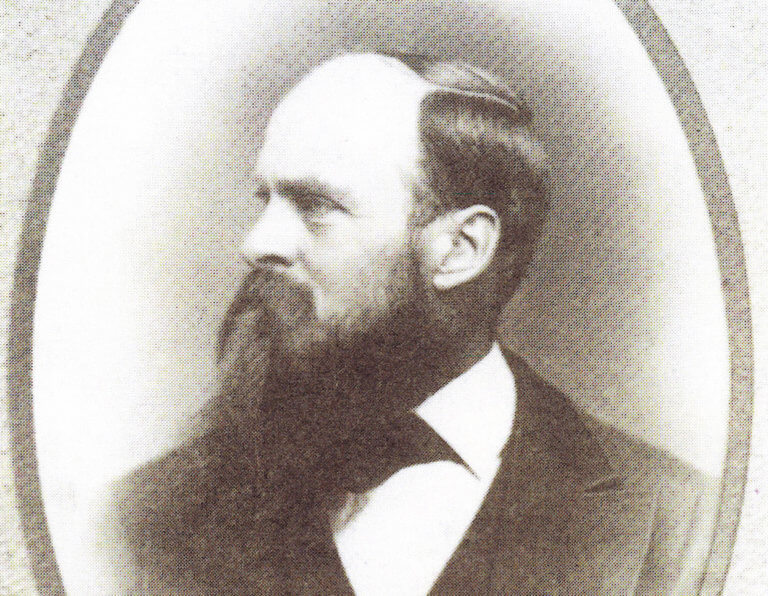
Cyrus Prindle was born in Charlotte on May 6, 1838, son of George and Louisa (Harris) Prindle. His father died on Cyrus’s fifth birthday May 6, 1843, aged 34 years. Louisa remarried to widower Joseph Pratt, who brought seven children of his own. Stressors within the hybrid family eventually ended in separation.
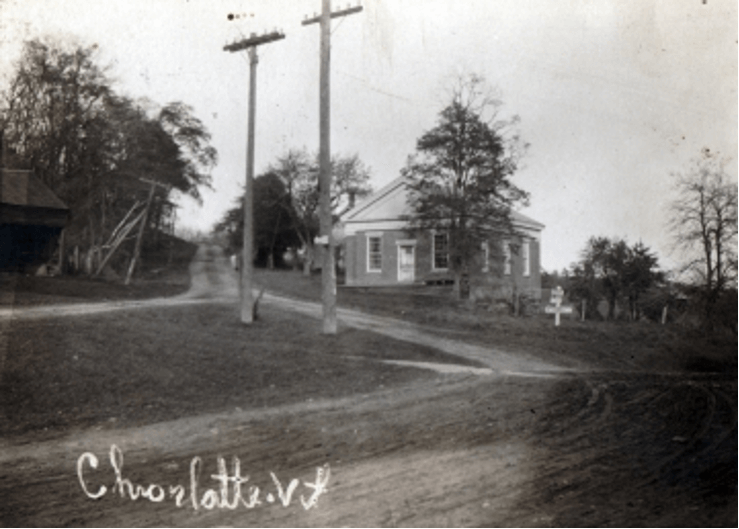
Charmingly diverse collection brings rich history to life. It’s a heavy, round black iron ball, about the size of an orange. The ball sits silent and unmoving on the glass countertop at the Charlotte Museum.

The Charlotte Grange Hall marked its 150th anniversary this year. Of course, no celebrations were possible, as the Hall has been closed since March. The last event held was a popular afternoon concert featuring a group of young musicians taught by Pete Sutherland and Oliver Scanlon.
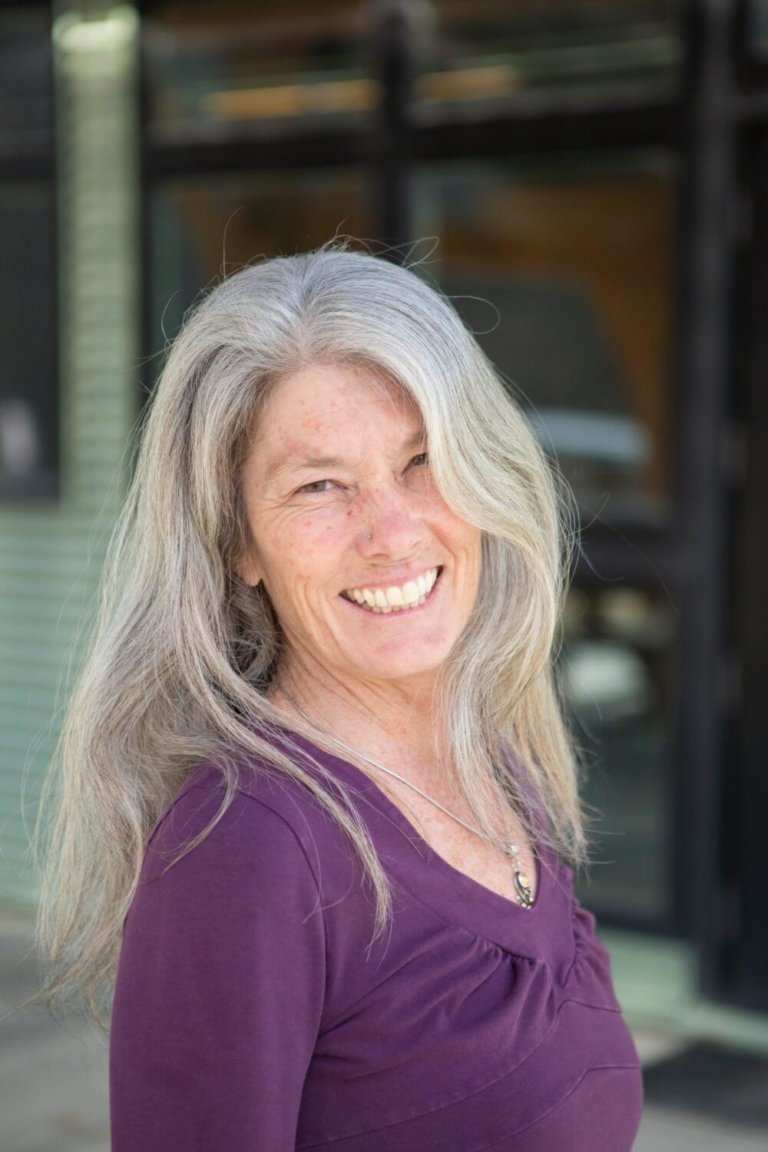
I’ve been driving by the old dairy barn on Mount Philo Road for 22 years—you know the one, a couple of miles north of Charlotte Central School. When I lived east of Route 7, I sometimes drove by it in upwards of six times a day. I was always fascinated by it—such a beautiful curiosity, imposing, impressive, a relic of Charlotte’s strong agricultural past.

Last July, at the beginning of the yearlong countdown to this 60th anniversary of The Charlotte News, I wrote about how the paper was started because of my horse, Sox. It was time to sell her, but we needed to find a buyer nearby because she balked at being loaded in a trailer. Back in 1958, advertising choices were limited to the regional newspaper or to notes pinned to bulletin boards at the local stores. We needed a local newspaper.
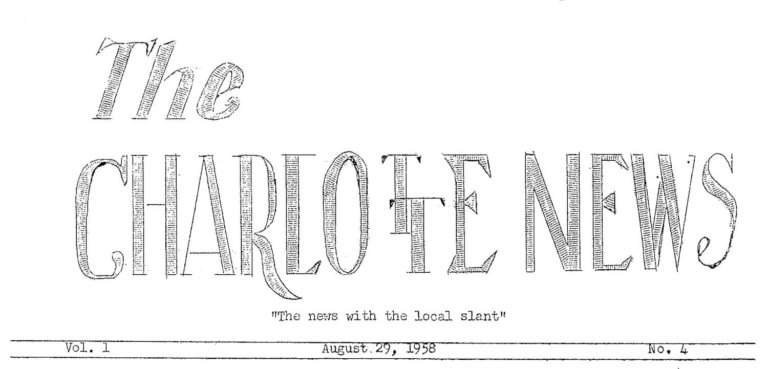
With this issue we celebrate the 60th anniversary of the News. The very first issue of the paper was printed on July 18, 1958, so technically we have turned 60, but it’s a significant enough milestone that we can’t help but stretch the joy out over the weeks and months of this year.
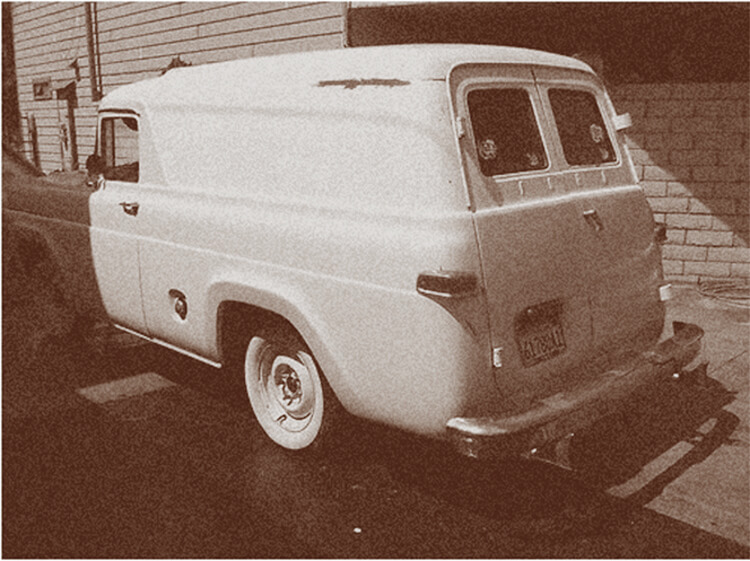
I graduated from Binghamton North High School in January 1960 and needed a job to carry me over to the fall when I would go off to college. My next-door neighbor, Chuck Sladky, ran the mailroom at the local evening paper, The Binghamton Press, and offered me a job distributing bundled papers to the news boys in town (and they were all boys back then), who would, in turn, break open the bundles, fold up the papers, put them in their shoulder bags and either walk or bike their routes, flinging papers onto front walks, porches and stoops in the late afternoon.
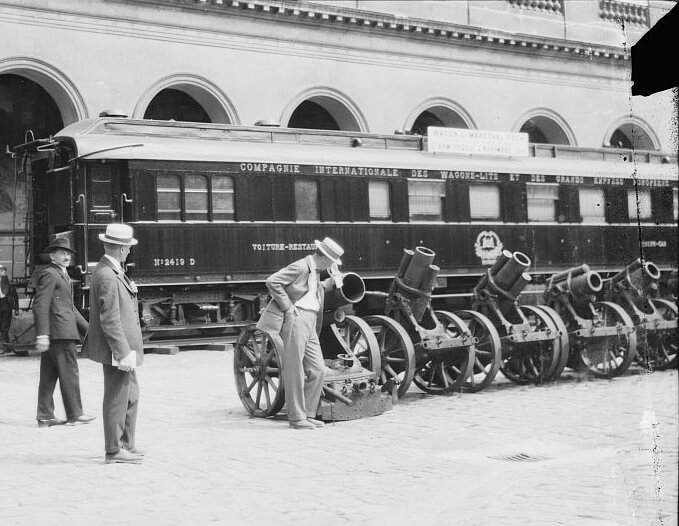
Armistice Day became a national holiday in 1926. The idealistic notion of the end of war was itself shattered by subsequent conflicts. In 1947, WWII veterans sought to honor those who fought in the second Great War by calling for a “National Veterans Day” salute with parades and festivities to be held on Nov. 11. In 1954, Congress passed and President Dwight D. Eisenhower signed legislation to rename Nov. 11 as “Veterans Day” to honor all those who have served in the military.
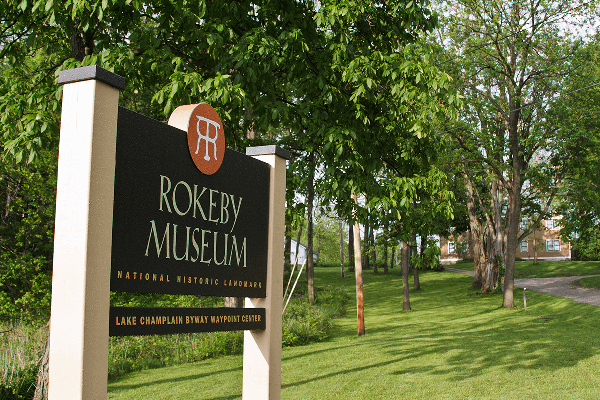
Jane Williamson of Rokeby Museum contacted our historical society about items she had received pertaining to the Dean family of East Charlotte that she felt were more appropriate to our museum. Included was a remarkable portrait album in a heavy leather binding, with gilded edges and a bronze hasp and lock.